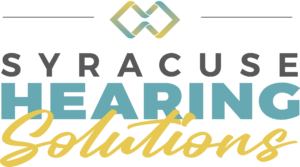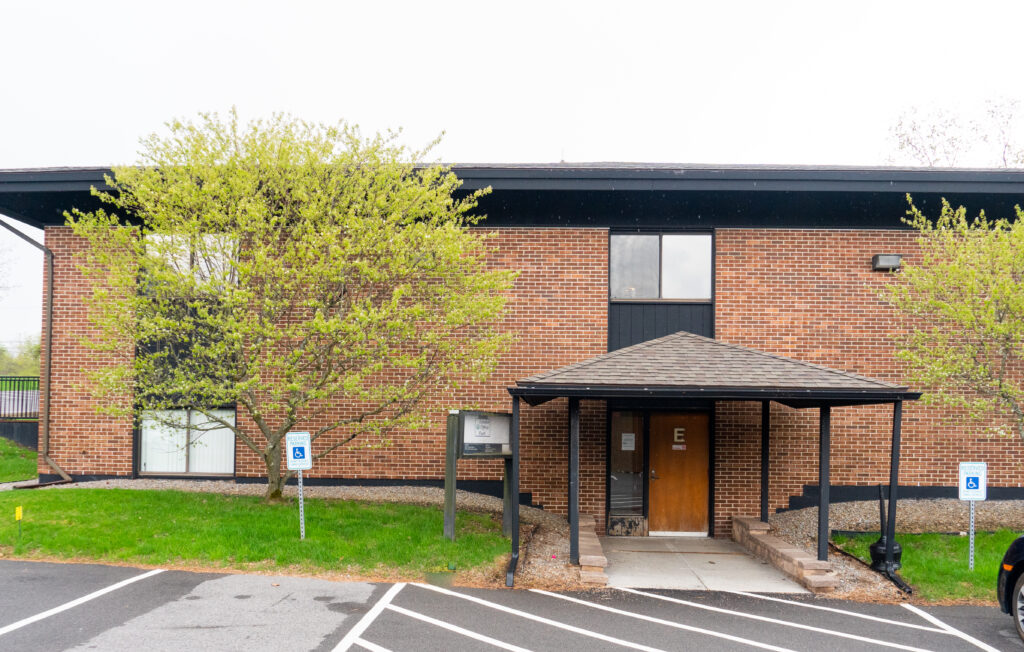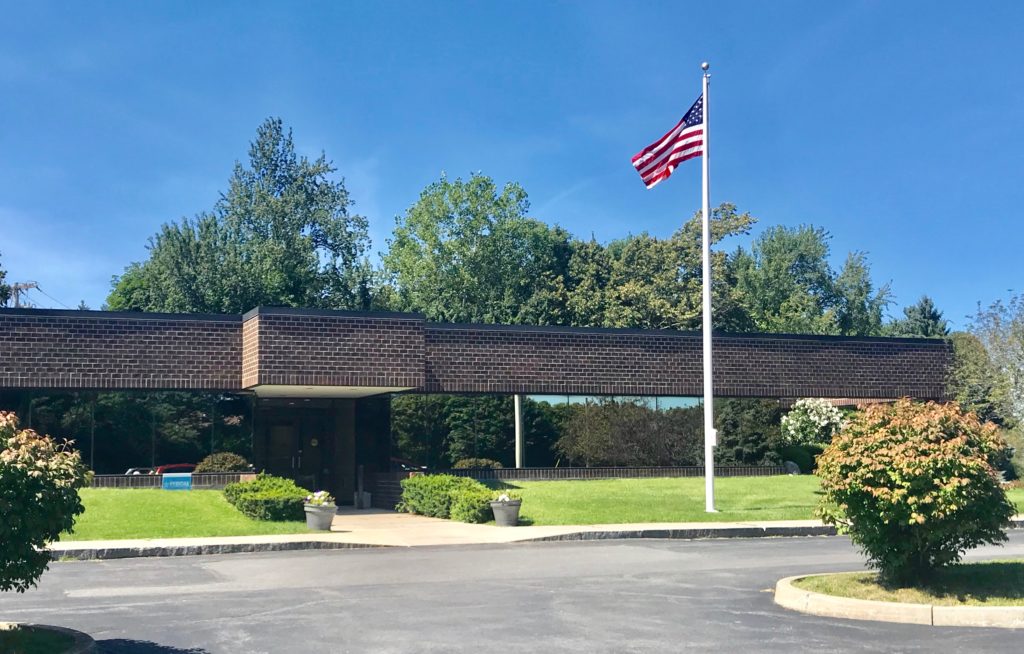Living with a hearing loss means that you have a wide range of options to help you enjoy life in full audio, but sometimes hearing aids may not be able to offer enough help. Those with severe hearing loss who have not been successful with traditional hearing devices might find that a cochlear implant opens up new areas of opportunity in their lives. Communicating with others and engaging in the world around them becomes easier than they imagined thanks to these devices.
What Is A Cochlear Implant?
The cochlear implant as we know it today has been around since the 1950’s but FDA approval was granted in the mid-1980’s. Cochlear implants, have been helping both adults and children with severe to profound sensorineural hearing loss for many years.
These devices consist of two components:
- An external processor worn on the head or ear
- An internal surgical implant
A cochlear implant works by collecting sounds, converting them to electrical energy, and transmitting them directly to your auditory nerve, bypassing the damaged cochlea.
Is A Cochlear Implant Right For You?
Obtaining a cochlear implant is a multi-step process. You’ll begin with a comprehensive evaluation at Syracuse Hearing Solutions. Our team will determine if you’re a candidate for this type of device and we will discuss the realistic expectations of using a cochlear implant. If you decide this option is right for you, the implant will be surgically placed by an otolaryngologist, and you’ll receive all follow-up care from our experienced staff.
Innovation in Cochlear Implants
The technology integrated into a cochlear implant continues to improve. Bluetooth connectivity is now available in many models, allowing patients to stream audio to their device. A type of hybrid model is also on the market, which functions as a cochlear implant and hearing aid in one. This allows specific pitches to travel to the auditory nerve in different ways, giving users the ability to hear sounds from a wide variety of frequencies.
Patients interested in this type of device should contact our office to learn more about their specific needs. Using a cochlear implant will not instantly restore one’s hearing; it takes time and dedication to learn how to adjust to this new method of hearing, but with practice, many individuals are very successful.
Bone Anchored Hearing Aids

Bone anchored hearing aids are a type of surgically implanted hearing device that may be beneficial for patients who have unique hearing needs, such as structural differences in the middle ear, or single-sided deafness, who may not be helped by traditional hearing aids. Your audiologist can help you determine whether a bone anchored hearing aid may be right for you.


